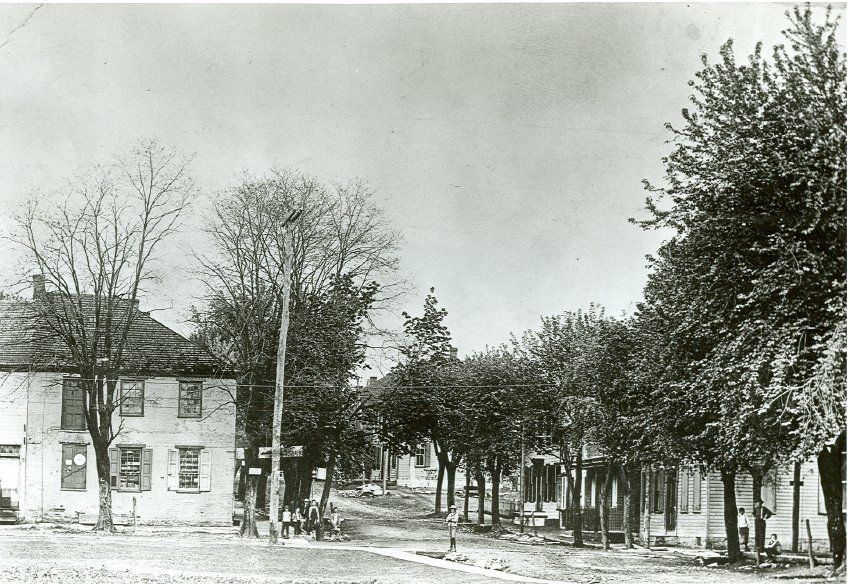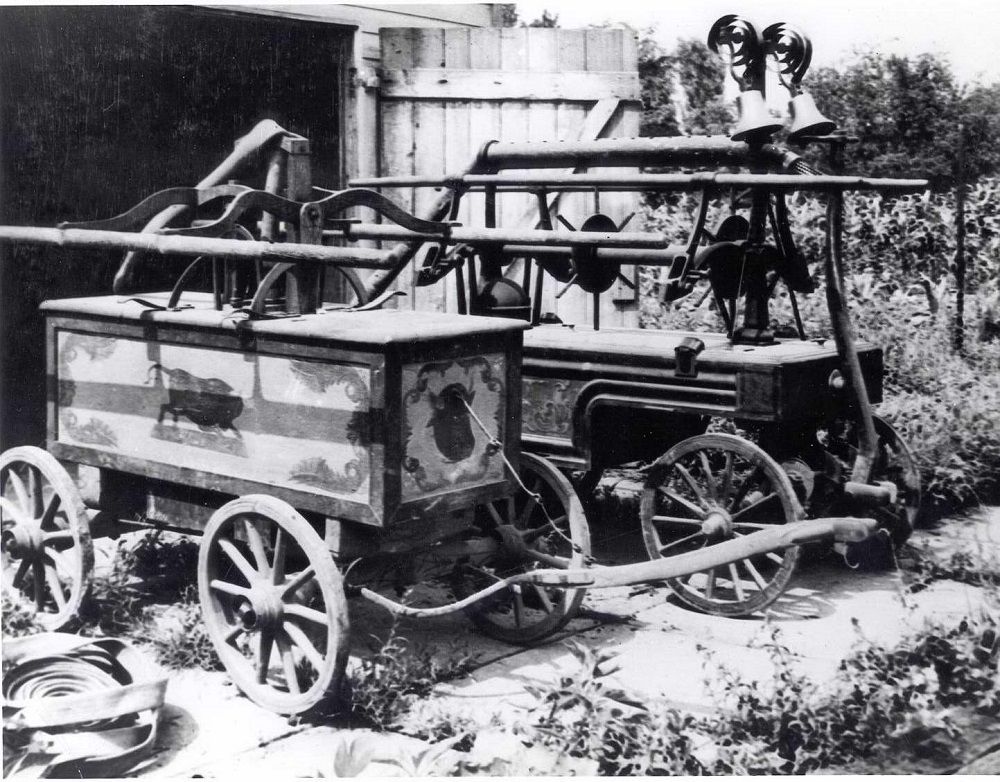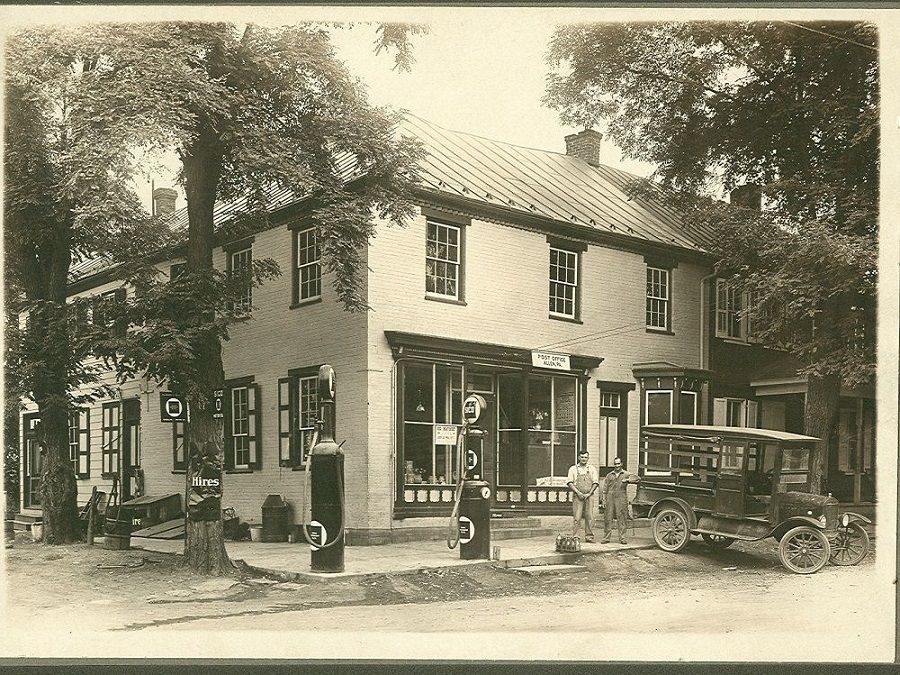[1] Metro West, January 2, 1996.
[2] Kevin Vanderlodge, “What’s In A Name: Churchtown,” Cumberland County Historical Society, vol. 8, No. 2, p. 87.
[3] Metro West, January 2, 1996.
[4] Kevin Vanderlodge, Churchtown: An Architectural and Historical Walking Tour, 2007. “Monroe Township Churches and Cemeteries,” Historic Monroe Township. 2000, p. 51.
[5] Kevin Vanderlodge, Churchtown: An Architectural and Historical Walking Tour, 2007, p. 2.
[6] Kevin Vanderlodge, “What’s In A Name: Churchtown,” Cumberland County Historical Society, vol. 8, No. 2, p. 90.
[7] “Monroe Township Churches and Cemeteries,” Historic Monroe Township, 2000, pp. 51-52.
[8] Kevin Vanderlodge, “What’s In A Name: Churchtown,” Cumberland County Historical Society, vol. 8, No. 2, p. 90.
[9] Kevin Vanderlodge, Churchtown: An Architectural and Historical Walking Tour. 2007, pp. 4-5.
[10] Kevin Vanderlodge, Churchtown: An Architectural and Historical Walking Tour. 2007, p. 5.
[11] Kevin Vanderlodge, “What’s In A Name: Churchtown,” Cumberland County Historical Society, vol. 8, No. 2, p. 90.
[12] “Friends of Rural Historic Churchtown Area,” Monroe News (Newsletter), Monroe Township, October 2014, p. 9.



